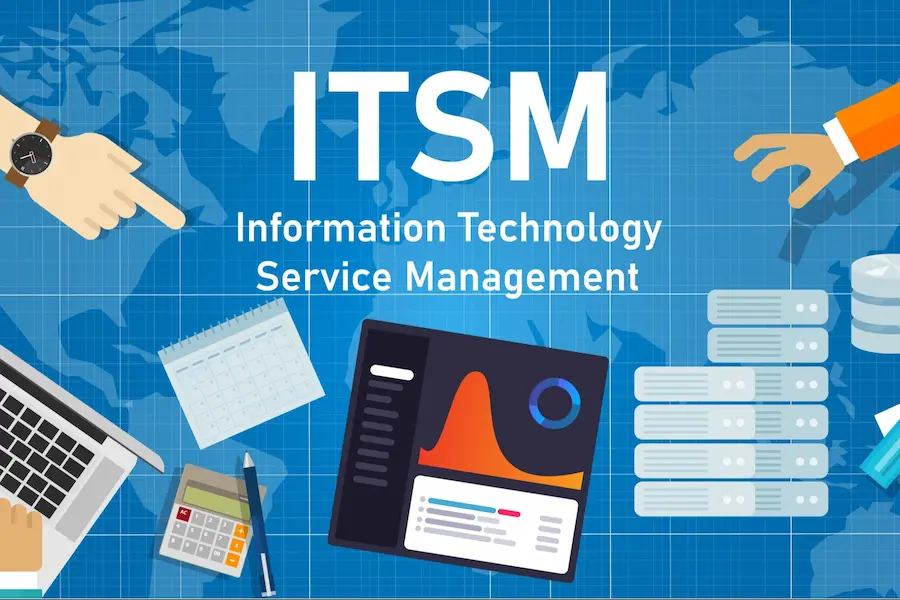IT functions are increasingly ingrained into everyday business functions. We are experiencing the rise of the 4th Industrial Revolution, in which the lines between digital, biological, and physical worlds have become pretty blurry.
These days, technology runs the baseline for every business, and those that operate in a traditional manner will soon be forgotten; the modern world demands tech-savviness from every entrepreneur, and brands need to stay on par with this new standard.
But managing IT frameworks, software programs, applications, hardware, and other components of IT services is quite the task. And, of course, business owners need to focus on their original goal of getting their products and services out there.
So, how can you make IT service management easier?
The answer is much more straightforward than you might have anticipated; implement ITSM software, or rely on an expert IT agency to guide your business through the digital era.
And in this article, we’ll explain the main benefits of ITSM, whether you opt for software or an agency.
Table of Contents
Boosted Operation Efficiency
One of the most appealing benefits of IT service management is that it will effectively boost operational efficiency for your business. By deciding to execute IT service management best practices, your business will be able to boost value from all existing resources. Moreover, you’ll also be able to substantially increase workflow efficiency and productivity.
For example, IT asset management is a set of processes capable of boosting IT assets’ life expectancy. Moreover, it can also find the most cost-effective solutions for disposition and asset procurement, which allows you to streamline resources and excuses.
Improved Productivity
As soon as operations start running smoothly, you will note an almost immediate improvement in employee productivity. IT service management best practices enable IT managers to measure both company and employee productivity. These measures identify each team member’s effectiveness and the services’ overall performance.
Another outcome of IT service management best practices is that you’ll have accurate and formal incident response practice, which can effectively help to decrease average incident response time. Additionally, it can also minimize the mean time to recover from service interruption when it does occur.
Minimize Spending
Another main benefit of ITSM is that organizations can significantly drop costs. For any organization, information technology functions and infrastructure consume the bulk of the business budget, and with reduced costs comes boosted profits. Moreover, this cost will continue to increase dramatically over time as the company grows and matures because information technology structures and frameworks also need to grow.
With IT service management, automation and cost reduction are given benefits. Through the automation of many traditional processes, organizations can decrease reliance on certain employee functions, which enables employees to be far more productive in ways that matter.
Minimize Risk
For companies that implement change, the risk is almost inevitable. However, when executing and relying on IT service management, risks are substantially reduced regardless of the particular change in question. This is because operational efficiency increases, visibility is clarified, and communication is streamless.

